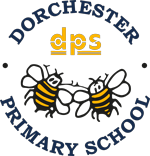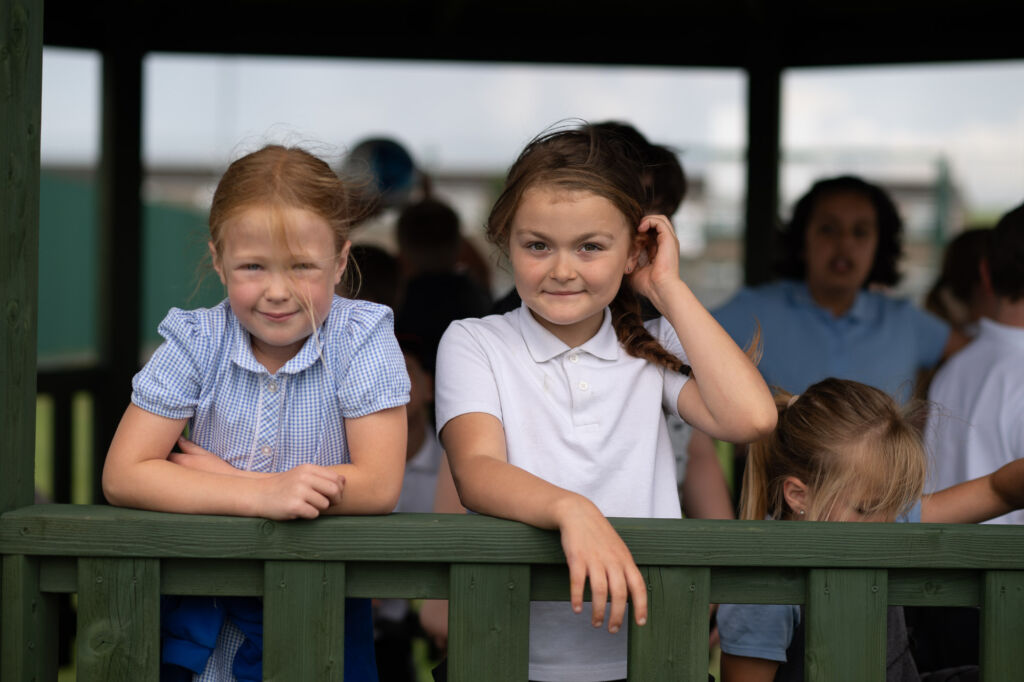Pupil Leadership
Our pupils are our asset and it is our aim to provide them with the necessary opportunities and skills to go on and be leaders in their own right.
There are a number of roles that our children can apply to take on which allows them to contribute to the successful running of our school. Our pupil voice matters to us and we want our children to be confident enough to make suggestions about how our school could be even better.
School Councillors:
| Name | Year |
|---|---|
| Brodey M | 1P |
| Lucy K | 1/2W |
| Scarlett-Rose W | 2FP |
| Emily J | 3N |
| Georgie B | 3/4P |
| Jay H | 4T |
| Charley S | 5E |
| Millie H | 5P |
| Alice C-F | 6T |
| Taylah P | 6P |
Our school councillors meet regularly with the Deputy Head to discuss current topics relating to the school. They represent their class’ opinions and contribute to school decisions in order to enhance equality of opportunity.
HCAT Councillors
| Name | Year |
|---|---|
| Poppie D | Year 5 |
| Taylah P | Year 6 |
Our HCAT councillors play a critical role in representing our school at Trust events and meetings. They celebrate Dorchester across the wider network of HCAT schools and work with other HCAT councillors to organise events.
House Captains and Vice Captains:
| Name | House |
|---|---|
| Lilly P (Captain) | Wilberforce |
| Denis T (Vice-captain) | Wilberforce |
| Logan K (Captain) | Johnson |
| Lillie-Mae C (Vice-captain) | Johnson |
| Vilte R (Captain) | Reckitt |
| Charlie S (Vice-captain) | Reckitt |
| Alfie H (Captain) | Sullivan |
| Elizabeth P (Vice-captain) | Sullivan |
| Bradley T (Captain) | Venn |
| Millie-Mae N-S (Vice-captain) | Venn |
Eco Committee:
| Name | Class |
|---|---|
| Hunter D | 1P |
| Daisy D | 1/2W |
| Archie H | 2FP |
| Charlie S | 3N |
| Destiny S | 3/4P |
| Katie-Mae G | 4T |
| Thomas K | 5E |
| Cole M | 5P |
| Lilly P | 6T |
Our House captains and vice captains have been voted for by their peers. They lead the house and set the standard for other children to follow. They work with adult house leaders to plan ‘house’ assemblies and are responsible for promoting their house around the school.
Sports Leaders:
Our sports leaders organise and supervise activities for break and lunchtimes. They liaise with our PE leader to plan and deliver a range of activities to keep our children active throughout the day.
Buddies:
Our buddies are responsible for sorting any problems that occur at break and lunchtimes. They have been chosen for their good listening and problem solving skills. If children are unable to sort their own problems out, they can seek out a ‘buddy’ to help them. Buddies receive training in dealing with problems from our emotional well-being worker.
“Pupils spoke with enthusiasm about the school garden they are developing and of their plans for the fruit and vegetables they will grow.”
“Leaders’ subject monitoring has led to a consistent and successful approach to the teaching of phonics across the early years and key stage 1.”
“Teachers provide lots of opportunities for pupils to rehearse and say the sounds they are learning aloud, which helps them to remember them.”
“Leaders have created an ambitious curriculum that sets out clearly what pupils should
learn and when.”
“Pupils feel that they are being listened to and that their views help leaders to improve the school.”
“Leaders have rightly reorganised their curriculum to make up for learning that has been
lost during the COVID-19”
“The help that leaders provide for pupils with special educational needs and/or disabilities (SEND) is a strength of the school.”
“In other curriculum
areas, such as design technology (DT), the curriculum is improving rapidly.”
“In subjects such as history, teachers use assessment skilfully to find out what pupils know before they start to teach a new unit of work.”
“Democratically elected roles, such as house captains and school councillors, enable pupils to contribute purposefully to school life.”
“Leaders have ensured that pupils have plenty of opportunities
to design, make and evaluate projects using different materials.”
“Leaders have continued to prioritise the teaching of phonics and reading.”
“Children are
taught to read as soon as they start in the early years.”
“Leaders provide ‘chatterpacks’ to parents so that they have the age-appropriate resources they need to support their child’s
reading.”
“Knowledgeable and highly trained leaders ensure that pupils get the support they need to achieve.”
“Leaders have established ‘hive’ provision for pupils who need it. These well-resourced, intimate settings provide the intense support that a significant minority of pupils need.”
“As soon as children start school, leaders check their speech and language needs so that extra help can be provided, where it is required.”
“Pupils are clear about the school rules.”
“In the short term, leaders have placed a greater focus on subjects such as
English and mathematics.”
“In the early years, mathematics is a high priority. Daily ‘carpet time’ is used to teach children
mathematical concepts”
“The mathematics curriculum is clearly sequenced. Teachers provide opportunities for pupils to continually revisit and review previous learning.”
“Leaders ensure that opportunities for pupils to apply their mathematical understanding are provided in the activities pupils
complete.”
“Strong, cross-curricular links with subjects, such as science, give pupils the opportunity to apply their skills and
knowledge when making products.”
“Pupils now use mathematical vocabulary with accuracy.”
“School council representatives attend School Stakeholder Group (SSG) meetings to share their views.”
“One pupil told inspectors that ‘teachers are really caring, we know if we ask for help, we will get it’.”
“Leaders use assessment well to ensure that the books pupils read match the sounds they already know.”
“Leaders ensure there is a focus on developing pupils’ mathematical vocabulary.”


